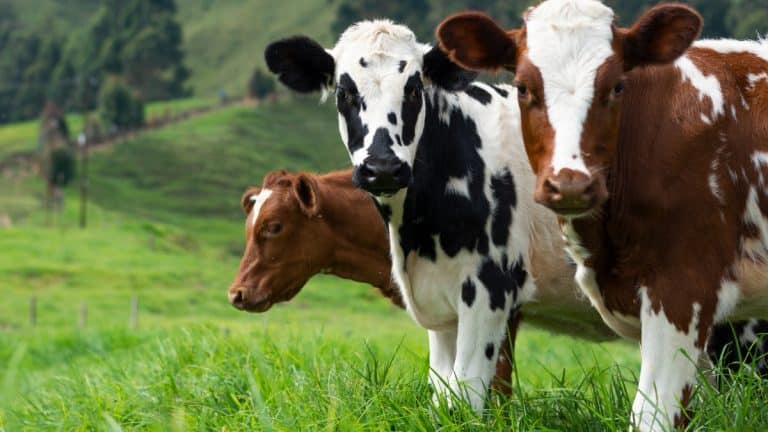
Australia, with its vast agricultural lands and thriving dairy industry, offers numerous opportunities for those looking to work on a dairy farm. Working on a dairy farm can be a unique experience. This also allows for a second or third year visa in Australia as dairy farm jobs are eligible for Working Holiday Visa (subclasses 417 & 462) renewal. Finally, working on a farm can also allow you to save money to finance your adventures! So if you want to work on a dairy farm, here are some tips that can help you find a job.
Table of Contents
Where to look for a dairy farm job in Australia?
Specialist Job Boards
- Agriculture Victoria: government listings for accredited farms.
- Seek Rural & Indeed: filter “dairy farm” + your state.
- Backpacker Job Board: seasonal and WHV-friendly roles.
Specialized website
- Check the website TAW.
- Farm Source, Agri Labour Australia, or Dairy Australia.
Local Farm Networks
- Visit regional town noticeboards (e.g. Warrnambool, Wagga Wagga).
- Join Facebook groups like “Dairy Jobs Australia” or “Backpacker Farm Work”.
Recruitment Agencies
- Agri Labour Australia or Farmwork Australia specialize in seasonal placements.
- They’ll often handle visa paperwork and help with on-farm induction.
Direct Outreach
- Identify dairies via Google Maps in your target region.
- Call or email, attach a concise résumé stressing any animal-care or machinery experience.
Why Dairy Farming in Australia?
- Visa Extensions: Work 88 days on an accredited farm to extend your Working Holiday Visa.
- Attractive Wages: Dairy pays above minimum wage, with penalties for early mornings and weekends.
- Rural Experience: Live in Australia’s prime agricultural regions—perfect for authentic Outback adventure.
🚐 5% Discount with Travellers Autobarn
Travellers Autobarn is offering a 5% discount to Australia Backpackers Guide readers with promo code GUIDEEN
Where are the dairy farms in Australia?
- Victoria: The Gippsland region, located in the southeast of the state, is renowned for its dairy industry. You will find many dairy farms in towns like Warragul, Sale, Traralgon, and Bairnsdale.
- New South Wales: The northern coast regions of New South Wales, such as the Manning Valley, Hunter Valley, and the Mid-North Coast region, also host a number of dairy farms. You can check through this website: www.aussiefarms.org.au
- Queensland: The southeast regions such as Darling Downs, Lockyer Valley, and Scenic Rim are known for their dairy industry.
- Western Australia: Mainly in the southern part of the state.
- Tasmania: Due to its cool climate and vast pastures, the island also has a number of dairy farms. Regions like the Derwent Valley, Meander Valley, the northwest coast, and the east coast of Tasmania are renowned for their dairy production.
Top Dairy Regions & Seasonality
| Region | Peak Milking Season | Climate Notes |
|---|---|---|
| Dairy Hills (VIC) | Year-round | Cool, reliable rainfall; four milkings/day common. |
| Gippsland (VIC) | Year-round | Warm summers, mild winters; large-scale operations. |
| Dairy Plains (SA) | Mar–Nov | Mediterranean climate; spring flush May–Jun. |
| Northern Rivers (NSW) | Apr–Oct | Humid subtropical; seasonal flush in autumn. |
| South West (WA) | Jun–Dec | Mediterranean; winter calving peaks. |
It is recommended to have a car to work on a dairy farm since you will need transportation to go to town and do your shopping. In addition, your accommodation, although on the farm, may also be too far to walk to work.
What do jobs on dairy farms entail?
Jobs on dairy farms in Australia can vary depending on the specific needs of each farm. Generally, travellers are primarily hired for milking. Cows need to be milked twice a day; once early in the morning and once in the late afternoon. So, don’t be surprised to have two shifts per day. The work is rather repetitive and varies depending on the size of the farm. A farm with 700 cows will be much more demanding than a farm with 300 cows. Expect a salary of around $23 per hour.
You may also be responsible for feeding the animals, managing their health and overall well-being. You could be involved in pasture management (planting, crop maintenance) or maintenance work on fences.
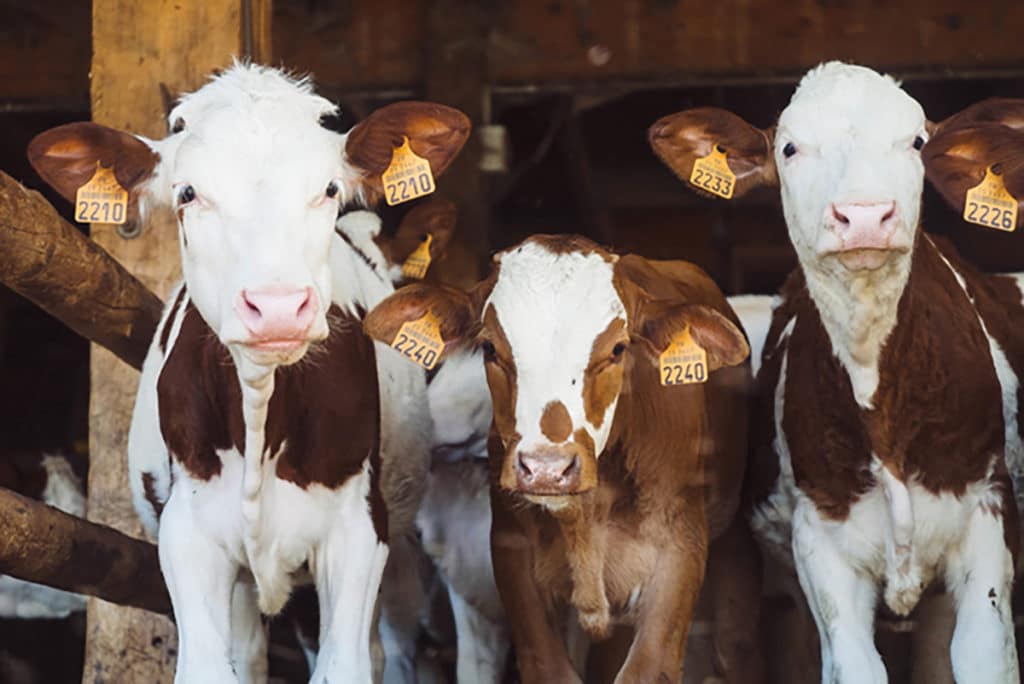
What will you need to start working?
- Gumboots;
- Old clothes, you can also buy second-hand clothes;
- Cap or hat to avoid cow poo.
Most farms provide gloves and aprons to their employees. Also, some places that regularly hire backpackers may have surplus clothing or even rubber boots for you to use. You must remember that everything you’ll use for this job will end up in a bin later on!
Dairy farm jobs are often in remote locations. Be prepared for the rural lifestyle, which can be vastly different from city living.
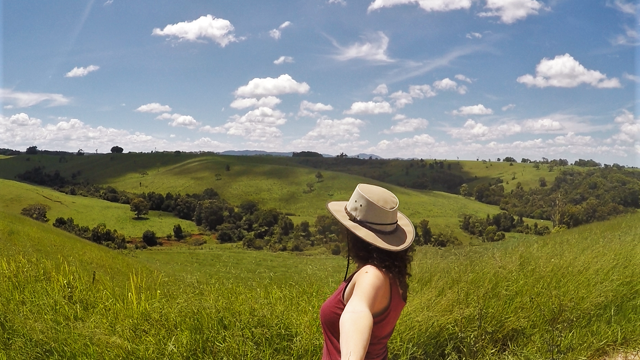
Finding a job on a dairy farm in Australia requires preparation, persistence, and a bit of legwork. However, the experience of working in Australia’s dairy industry can be incredibly fulfilling, offering a unique insight into the country’s agricultural practices and rural life. Whether it’s for the adventure, the experience, or the opportunity to save money for further travels, working on a dairy farm can be an enriching part of your Australian journey.




















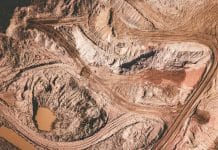

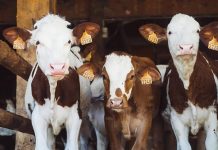




Hi.mzaffar from Pakistan &38 years oldyears old
I m a farmer& dairy farming skill holder can I appling work visa in this fields.
Hi Zafar, check your visa options on the immi website (you wont be able to apply for a WHV) : https://immi.homeaffairs.gov.au/visas/getting-a-visa/visa-listing